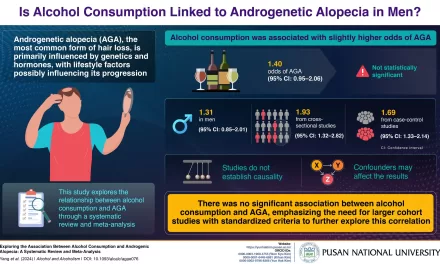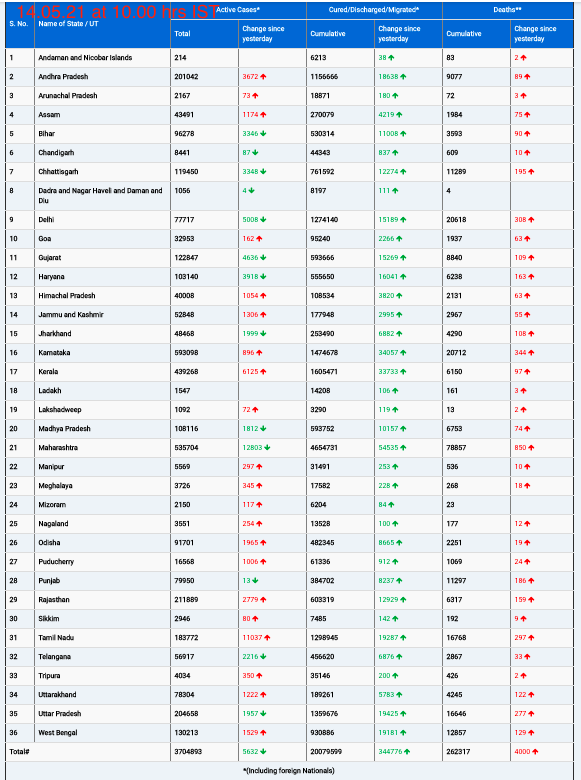A groundbreaking study led by Professor Kelly Metcalfe of the Lawrence Bloomberg Faculty of Nursing, in collaboration with researchers from the Familial Breast Cancer Research Unit at Women’s College Hospital, has unveiled significant insights into the effectiveness of risk-reducing mastectomies (RRM) for women carrying BRCA1 or BRCA2 genetic variants. Published in the esteemed British Journal of Cancer, the study illuminates the profound impact of RRM on reducing breast cancer diagnosis and mortality rates among high-risk individuals.
Women carrying BRCA1 or BRCA2 genetic variants face an elevated lifetime risk of developing breast cancer, estimated at 80 percent. However, research has demonstrated that RRM can slash this risk by a staggering 90 percent. Despite this, only 30 percent of women in Canada with a pathogenic variant opt for this preventive surgery, highlighting the complexity of the decision-making process.
Professor Metcalfe, who also serves as a Senior Scientist with Women’s College Research Institute, emphasized the importance of evidence-based decision-making in such cases. “The decision to undergo risk-reducing mastectomy is often fraught with uncertainty for women. Providing robust evidence empowers individuals to make informed choices about their care,” stated Metcalfe.
The study, spanning six years and involving over 1600 participants from nine different countries, employed a pseudo-randomized trial design. Half of the participants opted for RRM, while the remaining served as the control group. Results revealed a stark contrast in outcomes, with 20 incident breast cancer cases and two deaths recorded in the RRM group, compared to 100 incident breast cancers and seven deaths in the control group.
While the observed mortality difference did not reach statistical significance, Metcalfe underscored the substantial reduction in breast cancer risk associated with RRM. Moreover, the probability of succumbing to breast cancer 15 years post-RRM was less than one percent, highlighting the procedure’s efficacy in preventing breast cancer-related deaths.
Metcalfe stressed the importance of longitudinal studies to further elucidate the mortality risk reduction associated with RRM. “Continued surveillance of participants over an extended period will yield invaluable insights into the long-term benefits of this surgical intervention,” remarked Metcalfe.
Despite advancements in breast cancer screening, including the utilization of breast MRI, Metcalfe emphasized that RRM remains an option rather than a recommendation. However, ongoing research endeavors aim to refine existing guidelines by comprehensively evaluating women’s trajectories and risk factors post-RRM.
“As our understanding of the outcomes following RRM evolves, we may need to reconsider existing recommendations,” remarked Metcalfe. With burgeoning research initiatives, the medical community is poised to provide enhanced guidance to women grappling with decisions regarding risk-reducing mastectomy, ultimately striving to minimize the burden of breast cancer on high-risk populations.












